Our Sept. 29, 2023 Fresh Fridays session featured practitioners who have coordinated participatory budgeting initiatives in Rhode Island cities. Listen in and learn about how community-led ideas get implemented and the impact these processes have had on civic action.
Participatory budgeting is a democratic process where community members decide on the allocation of a portion of a public budget. PB originated in Brazil in 1989 as an anti-poverty strategy and has since been adopted worldwide.
Grace Evans Pedanou, Chief of Staff at One Neighborhood Builders, moderated the session, which also featured:
- Emmanuel Ramos, English Teacher Central Falls High School
- Becki Marcus, Assistant Program Officer, Local Initiatives Support Corporation (LISC) of Rhode Island (Pawtucket-Central Falls)
- Dominique Resendes, Associate Director of Community Infrastructure, ONE Neighborhood Builders (Central Providence)
- Wilma Smith, Together We Can Change Agent and Implementation Committee member (Pawtucket-Central Falls)
- Breanna Lemieux, RI Executive Office of Health and Human Services and Nine Neighborhood Fund Implementation Committee member (Central Providence)
Central Providence and Pawtucket-Central Falls held participatory voting in June 2023. Residents ages 13 and older were eligible to vote.
ONE Neighborhood Builders and the Nine Neighborhood Fund, representing nine neighborhoods of Central Providence (02908/02909 zip codes), led one participatory budgeting initiative. Nearly 1,200 Central Providence residents cast ballots earlier this month and voted to allocate a total of $1 million toward eight community projects that will improve the health and quality of life throughout the 02908 and 02909 zip codes.
Local Initiatives Support Corporation of Rhode Island (LISC) led the effort in Pawtucket and Central Falls, where 805 residents approved spending $385,000 on two projects.
During the Fresh Friday session, teacher Emmanuel Ramos discussed a participatory budgeting initiative in the Central Falls school system. Initially skeptical, students later approved projects like bathroom renovations and a digital menu board in the cafeteria, prompting further improvements. Even if some ideas weren’t chosen, students felt heard, he said, reflecting a responsive school system. Ramos said he collaborated with teacher Pam Jennings, receiving strong support from school and community leaders. Engaging directly with students, they made civic topics relatable, mentioning they were once students themselves. Ramos observed increased civic interest post-class.
Wilma Smith, who served on the implementation committee for the Pawtucket, Central Falls initiative, said she was surprised by the cultural diversity of the participants. She said she didn’t expect so many area residents, especially young people, to be interested in the project. In her past advocacy work, especially around housing, she said she hadn’t witnessed community interest like this. That made the turnout for this project particularly impressive.
Becki Marcus, reflecting on Smith’s points, said they initially wondered whether they should put culturally similar groups together in developing proposals. But they found that people from all cultures and backgrounds enjoyed working together to develop proposals. She added that she saw the result of Ramos’s work with Central Falls students, who were excited about being able to have a say in the process.
“It is really a testament what it takes to embed an understanding in a school or an institution,” she said. “So that was really uplifting.”
Dominique Resendes, Associate Director of Community Infrastructure at ONE|NB, that ONE|NB had an interesting history with resident-led fund distribution. ONE|NB initiated a Community Impact Fund, in which a Resident Advisory Council was to distribute $200,000 for community projects. But after distributing half, they decided that they wanted the broader community to decide how to spend the remainder of the funds. Coincidentally the state Executive Office of Health and Human Services and the Rhode Island Department of Health were seeking proposals for a participatory budgeting initiative, and this dovetailed with what the RAC wanted to do.
“PB (participatory budgeting provided an opportunity to take those lessons learned through the Community Impact Fund and expand the decision-making role,” Resendes said. It’s about transferring power to communities and broadening who gets to decide, she said. An example of this was the decision to lower the voting age to 13, encouraging civic participation among youths.
Breanna Lemieux, from EOHHS, also served on the Nine Neighborhood Fund’s implementation committee. She called the transformation of community ideas (900 project ideas were considered) into fully-fledged projects along with the dedication, energy, and effort by all groups involved “inspirational.” One of the reasons she felt it was important that she was involved was because of the state’s support of health equity zones.
ONE|NB is the convening entity of Central Providence Opportunities: A Health Equity Zone, which brings together residents, more than five dozen community-based organizations, health professionals, local businesses, elected officials, and others to address root causes of health disparities and to improve neighborhood conditions.
“One of the main reasons why we at EOHHS decided to run the PB process through the Health Equity Zones and their supporting agencies such as ONE Neighborhood is because they already have that established community structure and have existing community relationships,” Lemieux said.
This participatory budgeting project served as a learning tool, she said, helping pinpoint where funding should be prioritized to continually address health needs.
Please watch the video for details and comments from its participants. Read more about the projects approved in Central Providence.


